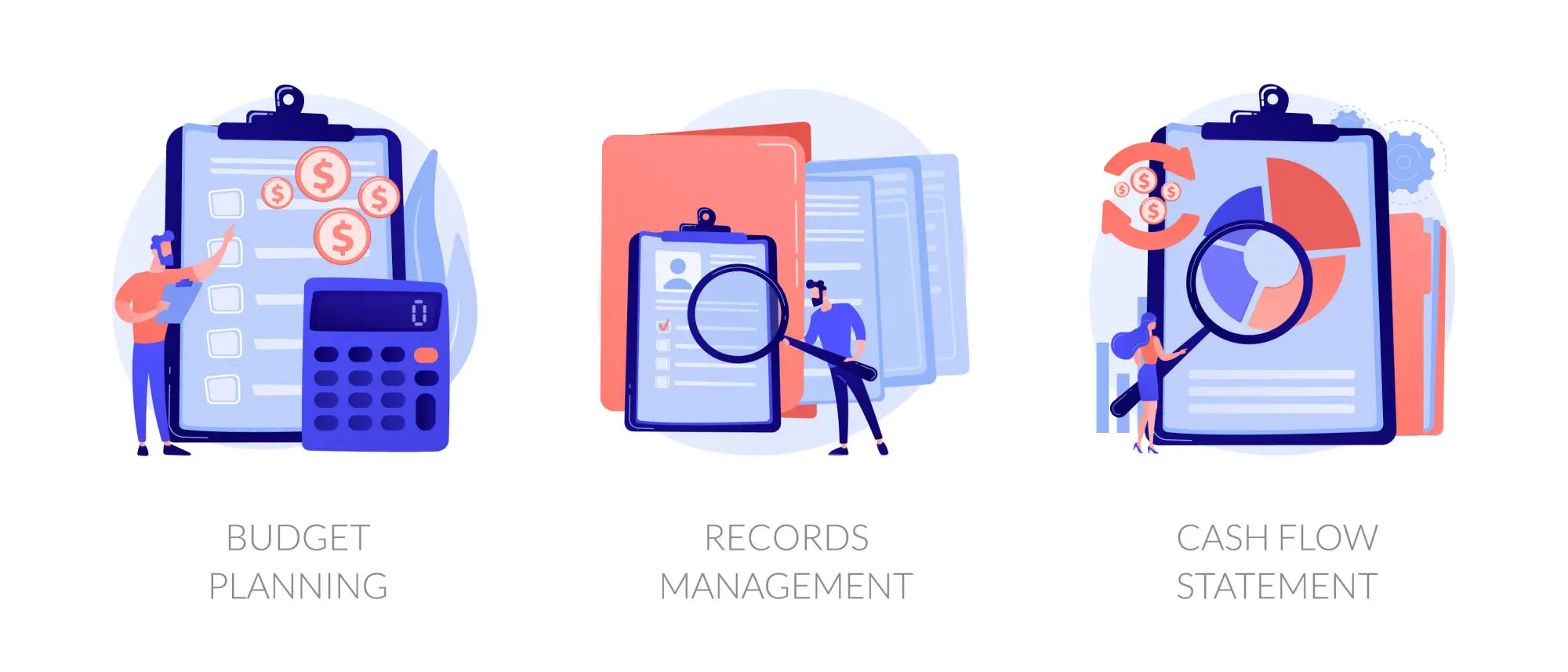Are you considering becoming a landlord and managing rental real estate in San Diego, CA? If so, we've got excellent news for you. According to ZipRecruiter.com, landlords in America's Finest City earn an average of $92,666 yearly, with the top earners generating as much as $160,000+ a year!
However, if you fail to implement proper budgeting and financial reporting procedures, you could end up on the other end of the spectrum and face cash flow management problems.
Don't worry, though, as PMI San Diego is here to show you the way. Read on for practical insights into real estate budget planning and property financial reporting techniques.
Understand Budgeting and Financial Reporting
Real estate budgeting involves creating a financial plan that estimates expected revenues and expenses over a specific period. It includes:
- Predicting rental income based on market analysis
- Projecting operating costs, including maintenance and property management fees
- Identifying potential capital expenditures for improvements or renovations
On the other hand, financial reporting involves compiling financial statements that help you assess the performance of your property. You must prioritize clear financial records, whether you own and manage residential or commercial spaces in San Diego, CA. Here are the key components you should focus on:
- Profit & Loss Statement (P&L)
- Balance Sheet
- Cash Flow Statement
- Budget vs. Actual Reports
Regularly reviewing these documents will give you insights into your property's financial health, helping you improve your decision-making processes.
Effective Budgeting Techniques
Creating a budget may seem intimidating, but incorporating systematic approaches can simplify the task. Start by forecasting income and expenses based on historical data and market trends. Here are some techniques to help you budget like a pro:
- Review past years' financial performances to project future income
- Distinguish between fixed and variable costs (those that remain constant vs. those that fluctuate)
- Collaborate with maintenance and management teams to ensure you account for all costs
The above steps allow for a more accurate and realistic budget, leading to better financial forecasting.
Also, pay careful attention to your property upkeep and repair expenses. As Investopedia.com says, rental property owners should estimate annual maintenance costs at 1% of their property's value. So, your goal should be to keep your upkeep expenditures at this level to maintain profitability.
Implement Financial Best Practices
To maintain smooth financial operations, adopt best practices that enhance transparency and accuracy. Examples include:
- Conducting regular financial analysis and periodic audits
- Regularly updating financial records
- Using financial management software
Consistently applying those practices can help ensure your records reflect an accurate financial status. Moreover, they can help prepare you for any unforeseen circumstances.
Wrapping Up Your Financial Reporting Strategy
Budgeting and financial reporting can effectively drive property success when approached strategically. So, implement our tips and tactics as early as today; they can help pave the way for a robust financial future.
Also, remember that you don't have to do everything yourself; PMI San Diego, our family-owned, full-service property management firm, is here to help. Our owners, the Arce family, bring decades of combined experience and knowledge in real estate, property management, and construction to the firm. We look forward to helping enhance your residential or commercial financial management and long-term property success.
Contact us today to learn more about how we can help!


